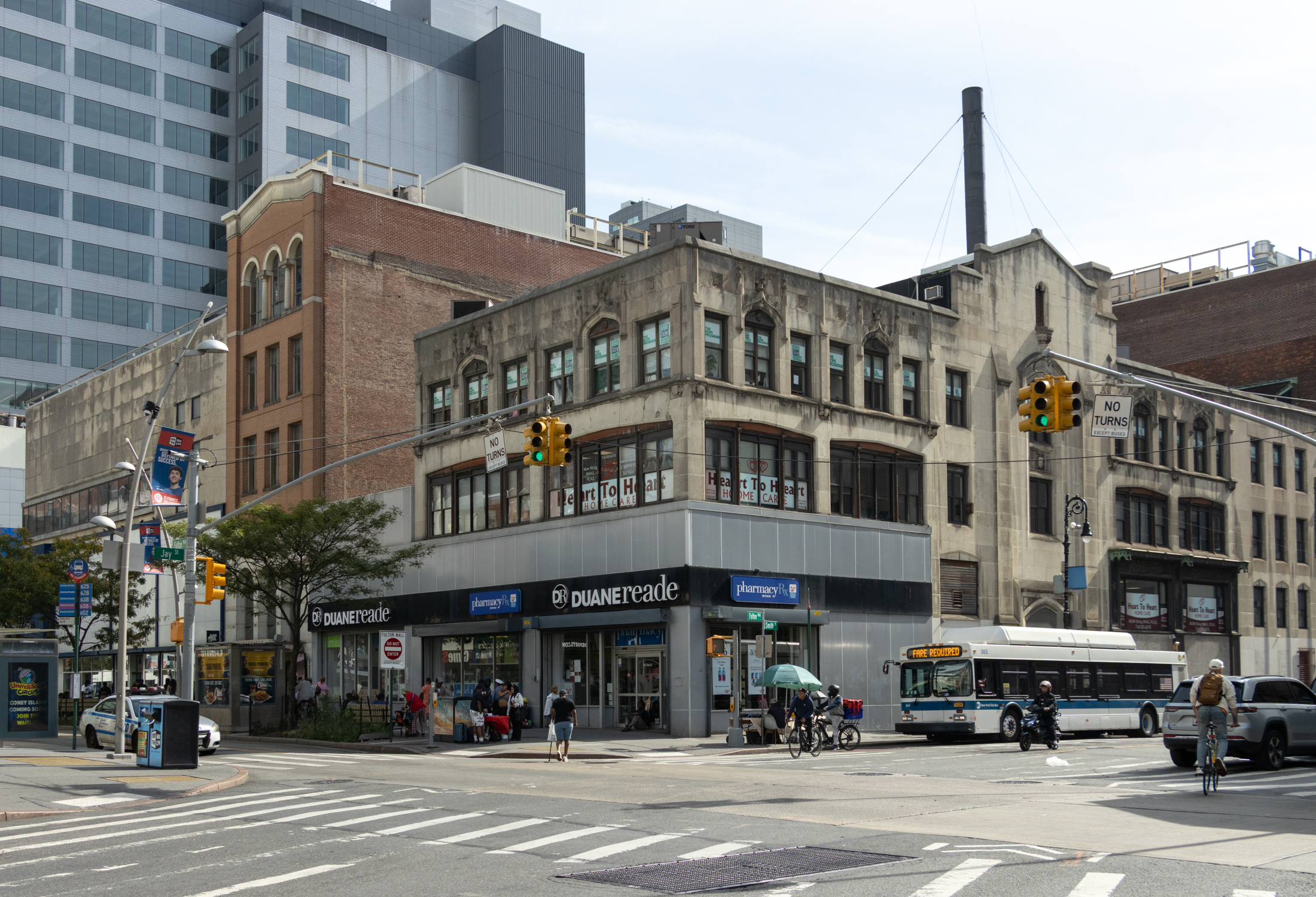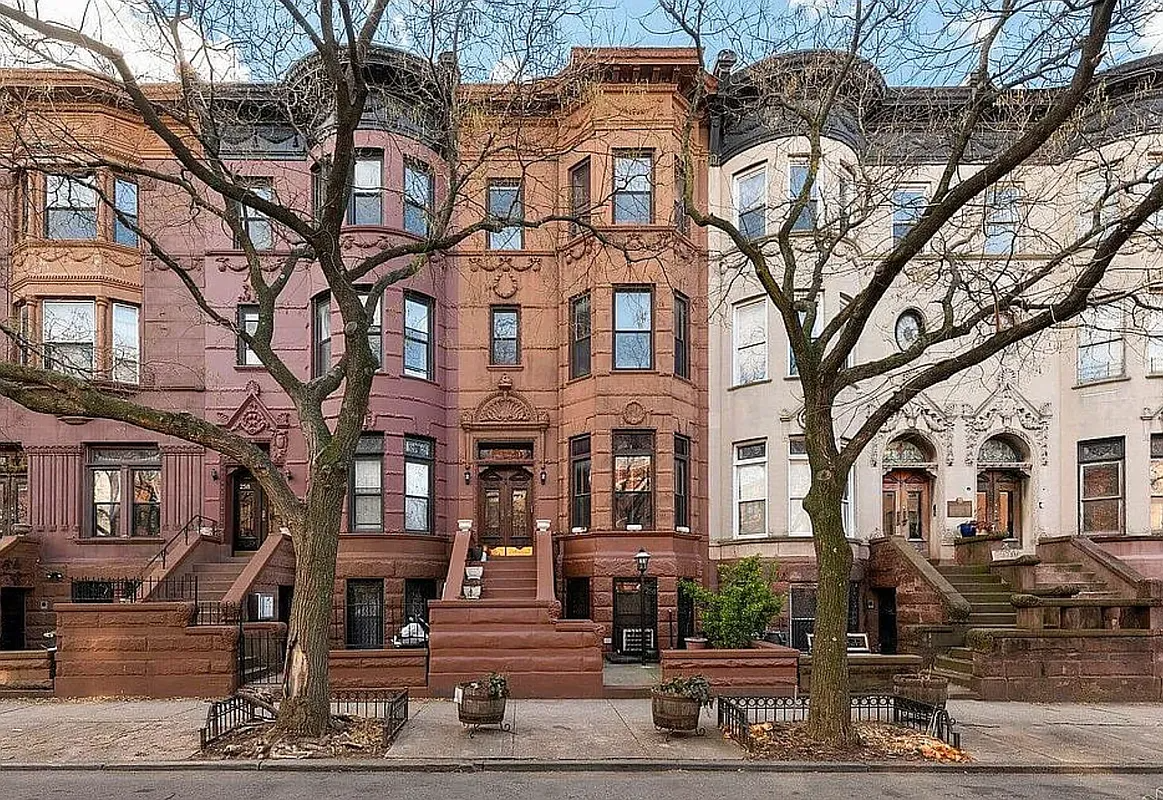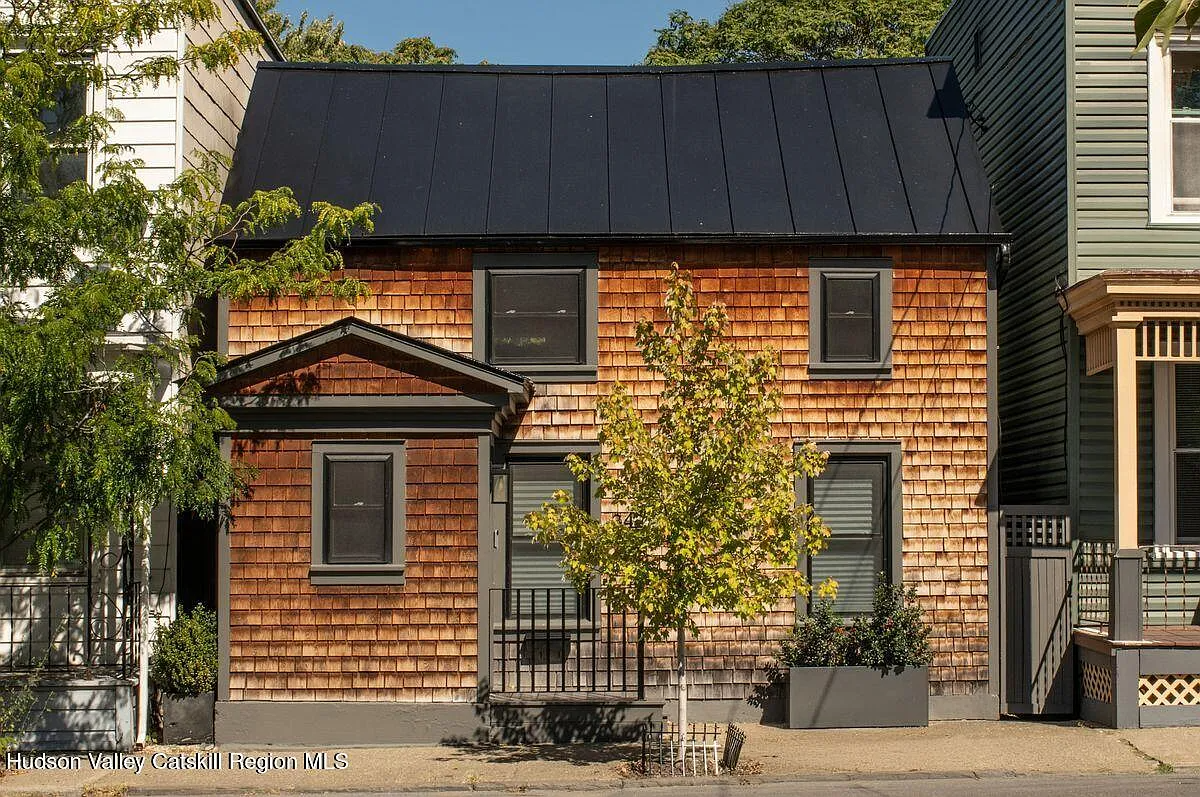Furman Center's State of the City Report: Brooklyn
The Furman Center has just released its State of the City Report for 2008, and there’s some interesting data about how Brooklyn’s residents and housing stock are faring: Housing indicators suggest that the Brooklyn housing market fared relatively well through 2007. In Brooklyn, the only housing type to experience a drop in prices in 2007…


The Furman Center has just released its State of the City Report for 2008, and there’s some interesting data about how Brooklyn’s residents and housing stock are faring:
Housing indicators suggest that the Brooklyn housing market fared relatively well through 2007. In Brooklyn, the only housing type to experience a drop in prices in 2007 was 24 family buildings. Brooklyn has the City’s second most expensive single-family housing stock. Brooklyn was one of only two boroughs to see a rise in new residential building permits in 2007. Home ownership in Brooklyn declined slightly from 32.3% in 2006 to 30.6% in 2007.
Despite its resilience in 2007, Brooklyn may not be immune to the effects of the housing market downturn in the coming years. Lending and foreclosure trends in Brooklyn are much the same as in the rest of the City: the borough experienced declines in all lending activities and increases in notices of foreclosure. Brooklyn had the second highest foreclosure rate of all the boroughs, with 22.4 notices of foreclosure per 1,000 14 family properties in 2007. Brooklyn also had the second highest rate of serious housing code violations: 61.4 per 1,000 rental units.
Here’s one interesting tibit we picked up: Only 17 percent of the housing stock in Greenpoint and Williamsburg is owner-occupied while in Fort Greene and Brooklyn Heights it’s more than 40 percent. Lots of other stats in the Brooklyn section of the report.





“True, but did they have the same massive price run-up before the drop? The higher you fly…”
Snark;
In a single word: yes. The 1980’s saw a huge run-up in RE prices. Remember the Savings-and-Loan crisis? The S and L’s made the same stupid loans that the banks recently did. Congress had to set up the RTC to clear up all of this bad real estate. Moreover, there was another factor that helped fuel that bubble, and that was the the tax laws at the time. At that time, one could offset earned income with passive losses from real estate. Folks were buying real estate for no other purpose than as a tax write-off. When the tax reform act of 1986 was apssed, it pulled the rug out from this important prop in RE.
You state above that there is no historical precedent for what we’re going through. I could argue this point (see: 10% unemplyment in 1980 recession,huge inflation due to Arab oil embargo,etc.) However, I’ll grant that this period is worse than these recent downturns. In that case, I’ll ask the same question as I did last week: what happened to RE during the Great Depression. In the 1920’s, there was a huge run-up in RE. The 1920’s was the period of the greatest RE development in the city. Is there a historical precedent during this time to support a 50% crash in RE prices/
Ball is in Team Bear’s court!
Interesting pattern.
Notice how the increases got smaller but the falls got bigger.
Given the big recent run-up, one could postulate a massive drop.
Just saying.
It is irrational to be a permanent member of either Team Bull or Team Bear since prices will neither go up forever or go down forever.
Team Bear has been right since sometime around the end of 2007 / early 2008 in so far as prices have fallen since that time.
Will they continue to fall from here? I believe they will – culminating in an overall 50% fall from peak. This is a generalisation for that is the only way that this can be done as houses are not fungible (there, I said that word again).
Will I be right? I don’t know. But my belief is based upon my analysis of the situation. Even if it wasn’t based on analysis but that “the leprechauns told me”, it would still be a belief – that is my right to hold.
It takes different things to change a person’s belief. For some people, it could simply be if an “expert” tells them otherwise. For others, it could be comments from someone who’s opinion they respect. For yet others, it could be the availability of new information.
It is my experience, however, that nobody changes their opinion just from being insulted. This is the crux of why The What has not “converted” anyone through his posts. Most members of Team Bear have formed their opinions independent of his rants.
So here I am. Member of Team Bear. Awaiting your arguments to convert me.
Citywide, real estate prices declined 12.4% between 1974 and 1980, then jumped 152% between 1980 and 1989. They fell 29.3% from 1989 to 1996 and increased 124.2% from 1996 to 2006.
> “In the 1970’s downturn, Brooklyn prices dropped 13%.
>
> From 1989 to 1996, Brooklyn prices dropped 26%.”
True, but did they have the same massive price run-up before the drop? The higher you fly…
“20% drops sound very optimistic”
I agree. 20% might be optimistic, but that’s an average.
Some neighborhoods will probably drop 40%, some 15%.
In any case, I think it’ll be closer to 30% overall…
In the 1970’s downturn, Brooklyn prices dropped 13%.
From 1989 to 1996, Brooklyn prices dropped 26%.
Keeping in mind that Brooklyn is a MUCH more livable place to live than it was in the 1970’s and 80’s, do the Bears really believe that this is TWICE as bad as the last time around?
Don’t get me wrong, it seems pretty bad, but I think these facts point to a 30% drop at most.
In which case, we really aren’t that far from that point now. Prices in NYC dropped much more quickly compared to the rest of the country. It’s taken 2 years for California, Florida and Arizona to drop what we’ve dropped in 6 months. It’s coming as a hard blow here, it seems and I bet when numbers come out for 1st Quarter of 2009, we’ll see a pretty significant (perhaps 20% drop).
I think the bottom is sometime before the end of 2009. There are small signs that the rate of deceleration in the economy is slowing down. The retail sales report out today showed that it was not nearly as bad as economists predicted for Feb.
Benson,
If what we’re going through now actually echoed a historical trend, your argument might hold water.
We’re coming off a giant, nation-wide (multi-national, actually) housing bubble. The global economy is in the toilet.
20% drops sound very optimistic, and do not appear to be grounded in reality.
The Chicken;
I’ve said all along that I think that prices will go down in line with past corrections – on the order of 20% or less. That’s a big difference than saying they will decline 50%, as MM, BHO and others are saying.
Even in the face of actual historical trends, folks believe what they want to believe.